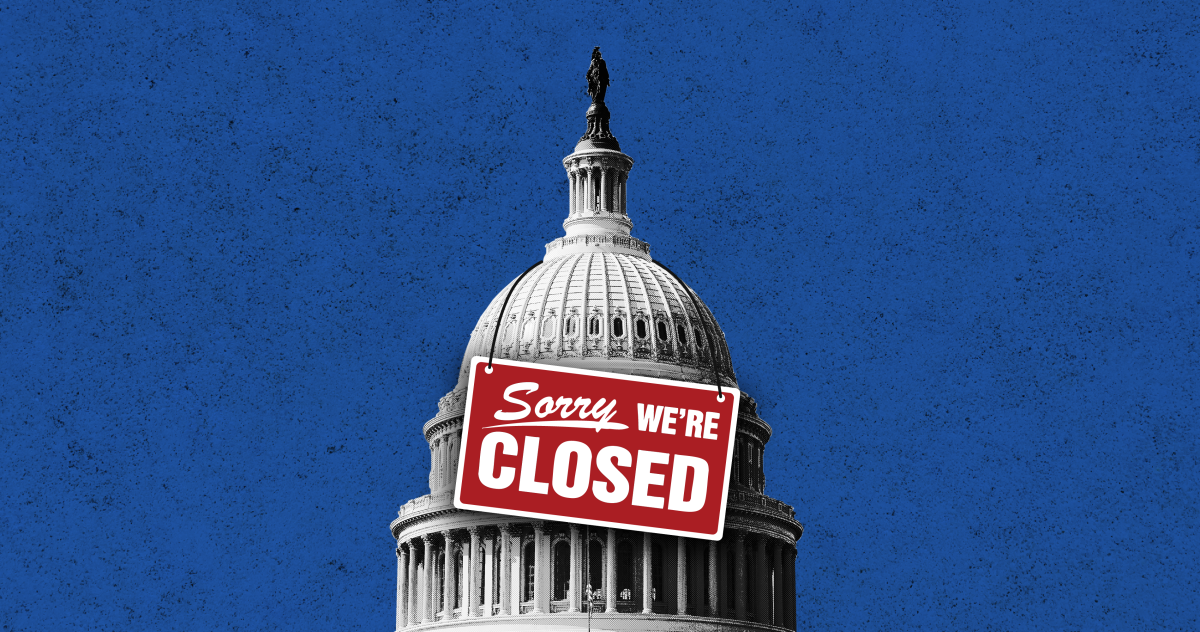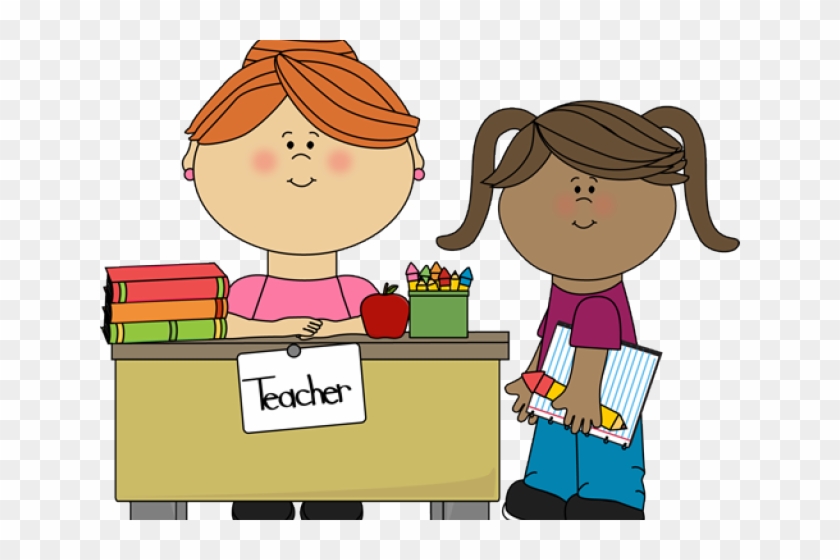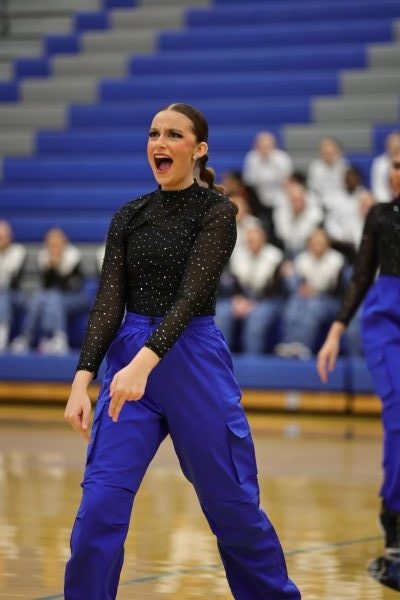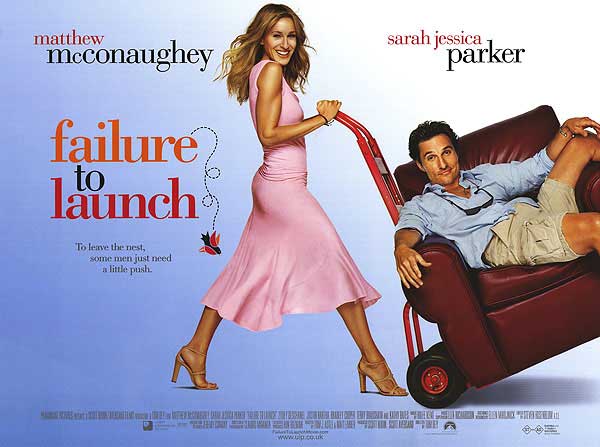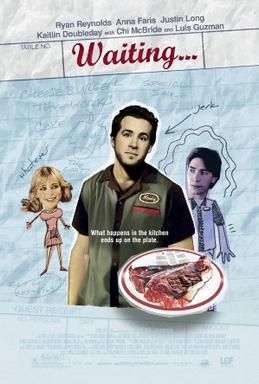Illinois cosmetologists being taught the signs of domestic abuse
There are certain people that we feel close to: a mother, a father, an older brother or sister, a teacher, a best friend. They are people that we know love and support us and want us to succeed in life. They are people that we feel comfortable around, people that we turn to when we need advice. They are people that we have a special bond with.
Now, what does any of this have to do with the person who cuts our hair? Well, it may surprise some people, but we tend to have a special bond with our hairdresser. When you first walk into the salon, or barber shop or Great Clips, your hair stylist comes to greet you. You stand up, exchange pleasantries, and head back to the area where you will be getting your hair cut. As they shampoo your hair, they ask you what’s new in your life. As you discuss coloring for your hair, they ask about your children. As they give you a trim, you complain about your job. You might even be friends with your hair stylist, and you might ask questions about their life as they do your hair. In this day and age with social media, you might even be friends with them on Facebook and follow them on SnapChat. You may not realize it, but your hairdresser knows you.
The state of Illinois recently recognized this closeness between hair stylist and hair stylee, and decided to use this to help put an end to a very big, very real problem in the United States: domestic abuse. As of Jan. 1, an amendment was passed that states that salon workers will have to take one hour of training every two years to recognize the signs of abuse and assault and will provide them with a list of resources to which they can refer clients for help. Without the training, cosmetologists―hair stylists, nail technicians, and aestheticians―in Illinois will not be able to renew their license.
“The rule was inspired in the spirit of camaraderie in hair salons, said State Senator Bill Cunningham, one of the chief sponsors of the amendment. For some women, those salons are a safe space, where they can sit among other women, drop their guard and confide about their life as their hair is braided or colored, or their nails trimmed and painted,” reported the New York Times. The newspaper went on to say, “Chicago Says No More, an organization that raises awareness about domestic abuse, approached Mr. Cunningham and another legislator, Representative Fran Hurley, last year with the idea of training salon workers.”
At first, the new amendment was met with resistance. Some people worried that the government would be overstepping their reach and cosmetologists worried about liability. In the end, however, concern for the victims of domestic abuse won out and the amendment was passed. One in three women and one in seven men will experience violence at the hands of their partner in their lifetime. There are 88,000 licensed cosmetologists in Illinois. While the issue of domestic abuse will not be abolished with this one simple amendment, it is certainly a start.

Bella McGill is a senior at DCHS and in her third year on the Parnassus staff. She is in the plays, French club, 4-H, and band. In her spare time, she...

